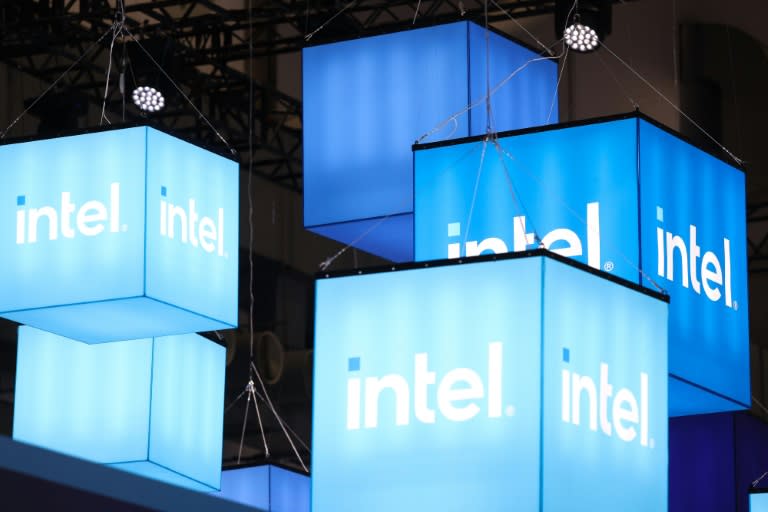
Chip-making giant Intel on Monday said it was delaying its plans to build two mega chip-making factories in Germany and Poland as the company faces lower demand than anticipated.
The announcement will come as a major blow to the German and Polish governments that have heavily subsidized the projects and touted them as a boost to their national industry.
Intel also said it would pull back on its projects in Malaysia, but said that its US plans would remain unaffected.
In Germany, construction work on the Intel project was due to begin in 2023 but it stalled after the Ukraine war sent inflation soaring.
German officials and the company were then locked in talks on financing for months, but both sides finally signed a deal in June 2023, which included increased subsidies.
Germany stepped up its subsidy to launch the 30-billion-euro ($33 billion) factory project to almost 10 billion euros, some three billion more than first offered.
“We recently increased capacity in Europe through our fab (or factory) in Ireland, which will remain our lead European hub for the foreseeable future,” Intel CEO Pat Gelsinger said in a statement.
“We will pause our projects in Poland and Germany by approximately two years based on anticipated market demand,” he added.
In Poland, Intel had received $1.8 billion to set up a semiconductor factory near Wroclaw.
EU countries are seeking to boost production of semiconductors, used in everything from fighter jets to smartphones, and reduce reliance on Asia after pandemic-induced shortages hit some industries, and Russia’s war on Ukraine brought home the risks of over-dependency.
On Monday, Intel also said it would receive up to $3 billion in direct funding from the US government, to boost its manufacturing of semiconductors for the US military.
This is part of efforts to “secure the domestic chip supply chain,” according to an Intel statement.
The company also said it would work with the Department of Defense to improve the resilience of US technological systems.
arp/bgs







